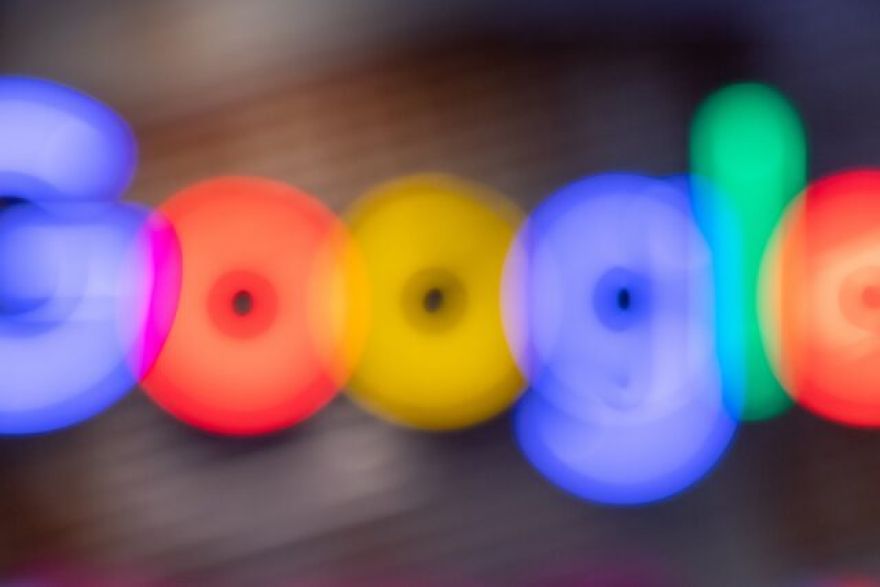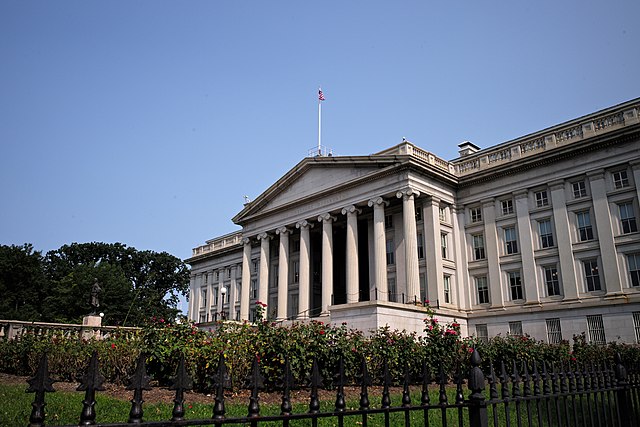
Google Allowed Banned Russian Company to Siphon User Data
RuTarget, an advertising technology firm owned by Russia’s biggest state bank, enjoyed unfettered visibility into Google’s user data until June 23, according to a new ProPublica report. RuTarget typically seeks out user data to support its core function: placing digital ads on behalf of other brands. But sanctions directly related to Russia’s invasion of Ukraine dictated several months ago that Google and other entities stop supplying data visibility to a list of Russian companies including RuTarget.
Reporting on research from digital ad analysis firm Adalytics, ProPublica Google continuously allowed RuTarget (also known as Segmento) to “access and store data about people browsing websites and apps in Ukraine and other parts of the world.” This is despite having been warned about Russian exploitation several times. “Adalytics identified close to 700 examples of RuTarget receiving user data from Google after the company was added to a US Treasury list of sanctioned entities on Feb. 24,” the report reads. “The data sharing between Google and RuTarget stopped four months later on June 23, the day ProPublica contacted Google about the activity.”

The US Treasury’s sanctions against Russian companies appears to have been ignored by Google. (Photo: Roman Boed/Wikimedia Commons)
The aforementioned US Treasury list was an April 6 that imposed full blocking sanctions on a slew of Russian and Russian-linked entities. The list included Sberbank, the massive Russian state bank that owns RuTarget. Under the sanctions, Google and other US entities were (and still are) meant to halt all business with listed organizations, both as a way of “punishing” Russia for the invasion and preventing accidental military aid. The sanctions were further emphasized by a sent to Google and other ad tech companies by a bipartisan group of US senators, who warned that the companies’ data could become “a goldmine for foreign intelligence services.”
Unfortunately, Google seems to have run in the opposite direction, at least as far as RuTarget is concerned. The data RuTarget was able to obtain post-sanction includes that associated with Ukranian IP addresses, mobile phone identifiers, location information, and general web activity. Such information could aid Russia’s attempts to track larger groups or locate persons of interest.
This isn’t the first time Google has been caught in bed with sanctioned Russian companies. In April, Adalytics similarly that Google had continued placing ads on Russian websites that had sat on the US Treasury’s sanctions list for years.
Now Read: